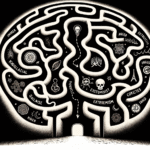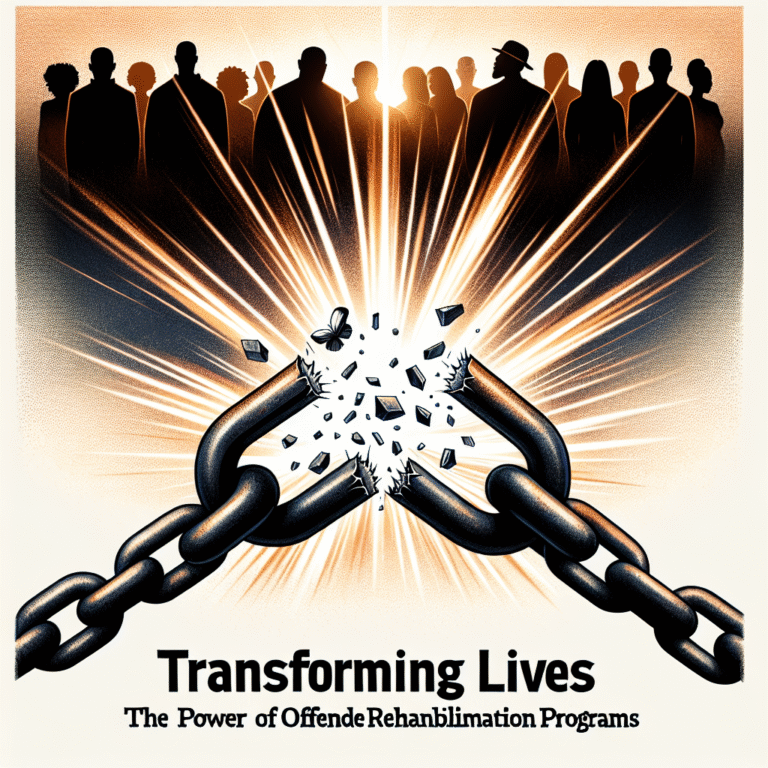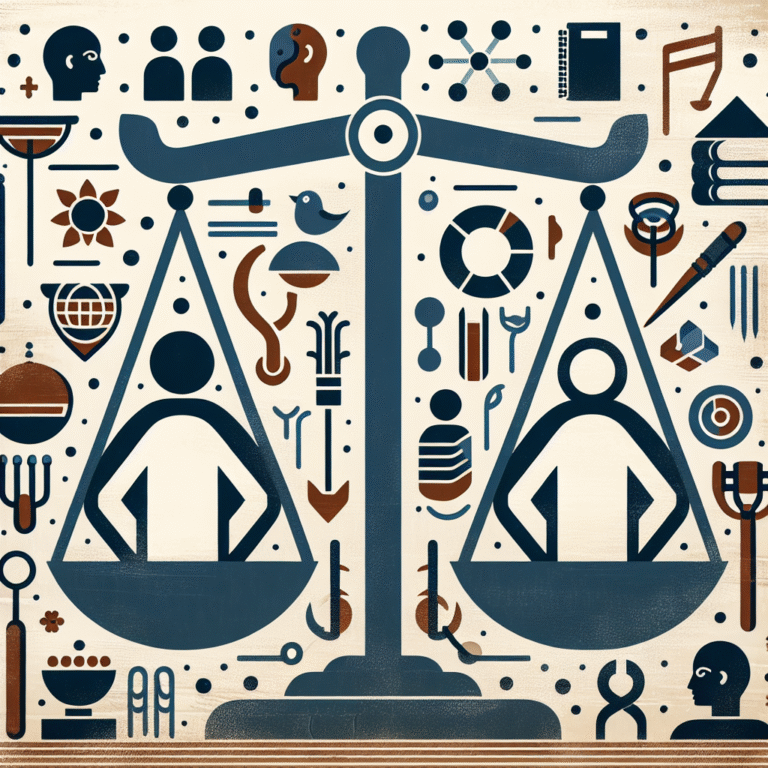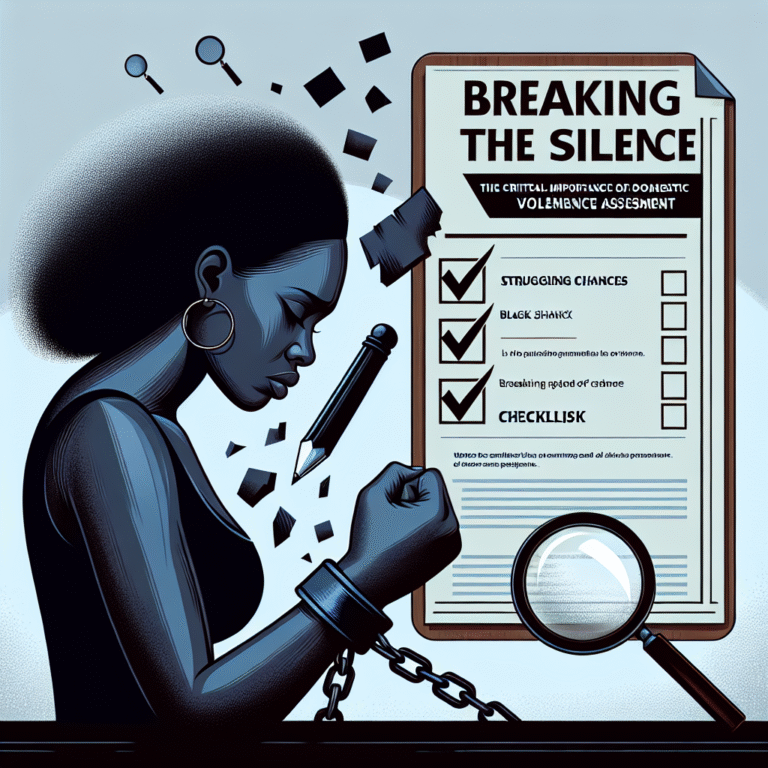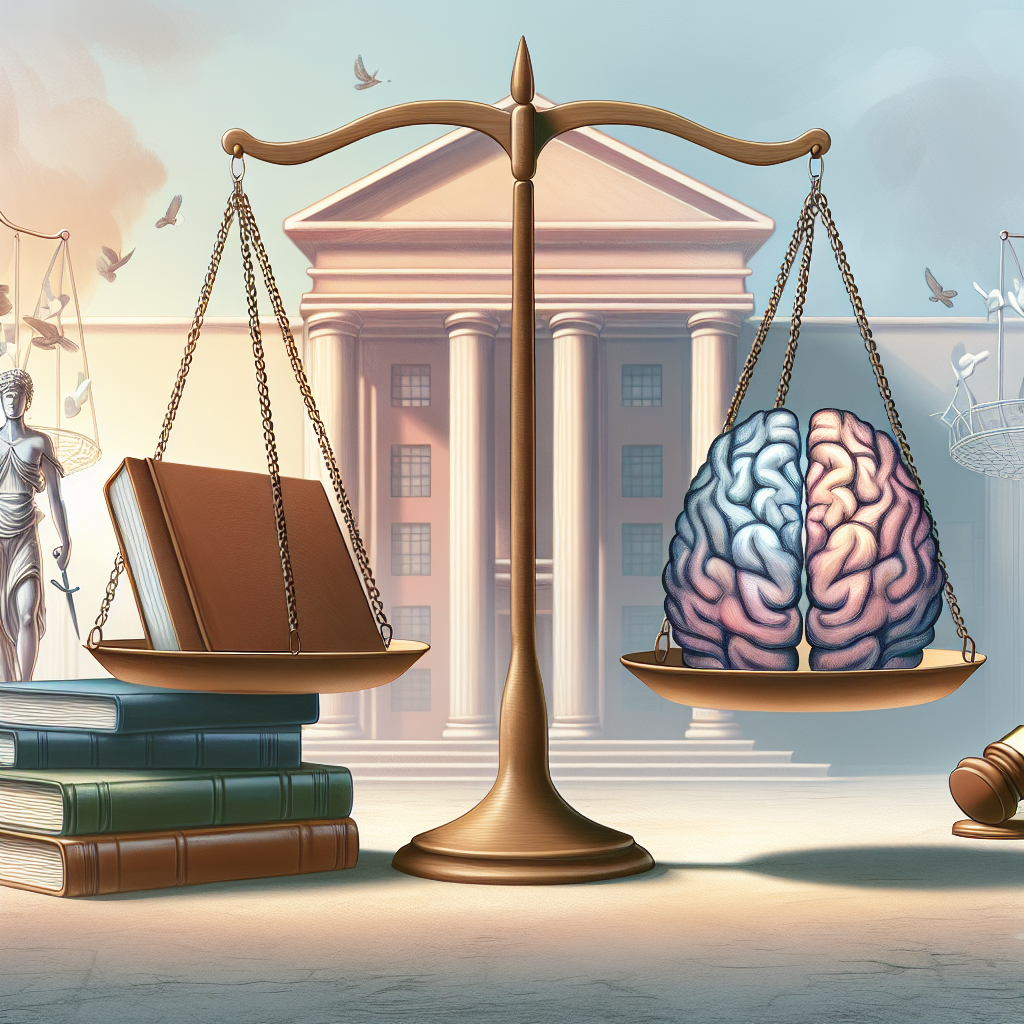
Introduction
Imagine a court system designed not to punish, but to heal. This profound shift is currently unfolding across the United States and other parts of the world, where mental health courts are emerging as an essential component of the justice system. In this in-depth exploration of "Transforming Justice: How Mental Health Courts are Reshaping Legal Outcomes," we will navigate the innovative landscapes these courts inhabit, the real-life implications of their work, and the ways they endeavor to forge a path toward more compassionate societal outcomes.
As we delve deeper, consider the staggering statistic that approximately 20% of incarcerated individuals have a serious mental illness. This reality poses a significant challenge not merely to the justice system, but also to the social fabric of our communities. Mental health courts aim to address these challenges critically and compassionately, representing a significant step towards transforming justice as we know it.
The Concept of Mental Health Courts
What Are Mental Health Courts?
Mental health courts are specialized court dockets designed to handle cases involving defendants who have a mental illness. Rather than focusing solely on punishment, these courts emphasize treatment and rehabilitation, recognizing that mental health issues often contribute to criminal behavior. The ultimate goal is not just to prevent recidivism, but also to foster recovery and reintegration into society.
Key Features of Mental Health Courts
Collaborative Approach: In these courts, the judge, court personnel, and mental health professionals work collaboratively to develop treatment plans that address the root causes of criminal behavior.
Increased Judicial Oversight: Judges take an active role in overseeing treatment and progress, which not only helps tailor individual plans but also acts as a motivator for participants to engage in their recovery journey.
- Flexibility in Sentencing: Options for sentencing can include community service, ongoing therapy, and mandatory medication adherence instead of standard jail time, allowing for a more nuanced response to crime.
The Need for Transformation in Justice
The call for reform in the criminal justice system has never been more urgent. Traditional courts often exacerbate mental health issues rather than address them. By focusing on punitive measures, they overlook the underlying challenges that lead to crime. Mental health courts are emerging as a beacon of hope—a path for transforming justice by addressing the mental health crisis head-on.
The Impact of Mental Health Courts on Legal Outcomes
Case Study: Jermaine’s Journey through a Mental Health Court
Jermaine, a 32-year-old man with bipolar disorder, found himself in the criminal justice system after a series of non-violent offenses related to his untreated mental illness. Instead of facing the possibility of incarceration, Jermaine was offered the opportunity to enter a mental health court.
Analysis of Jermaine’s Case
Jermaine’s experience is emblematic of the transformation we aim to highlight. Upon entering the mental health court, he received a comprehensive evaluation, which identified a need for medication and therapy. Over the course of two years, Jermaine engaged in consistent mental health treatment and regular court appearances.
Instead of returning to the same cycle of crime, Jermaine emerged with the tools necessary for stability, thereby reducing recidivism and promoting healthier community engagement. This case exemplifies how mental health courts significantly reshape legal outcomes, leading to successful rehabilitation rather than merely cyclical punishment.
Data Supporting Successful Outcomes
Table 1: Recidivism Rates in Traditional vs. Mental Health Courts
| Type of Court | Recidivism Rate (%) |
|---|---|
| Traditional Courts | 70 |
| Mental Health Courts | 27 |
The data clearly illustrates that with effective intervention and treatment, mental health courts create a notable reduction in recidivism rates, underscoring their potential for achieving better legal outcomes.
The Role of Treatment and Rehabilitation
The Importance of Holistic Approaches
Mental health courts prioritize treatment over punishment, which is foundational in transforming justice. By focusing on rehabilitation, these courts address the dangers of neglecting mental health issues within the legal process.
Therapeutic Jurisprudence: This legal philosophy seeks to maximize the therapeutic outcomes of the judicial process, raising the question: How can the law help to create better mental health outcomes?
- Interdisciplinary Collaboration: The teamwork among lawyers, social workers, psychologists, and judges creates an inclusive support network for defendants, enhancing chances for success.
Case Study: Maria’s Transformation
Maria, a young woman facing charges related to substance abuse and mental health issues, became involved in a mental health court. Her journey involved counseling, medication management, and a supportive community.
Analysis of Maria’s Transformation
Through the court’s assistance, Maria was able to confront the psychological triggers behind her substance use. As she successfully navigated her treatment plan, she obtained her GED and secured employment. Maria’s case illustrates the profound effects that mental health courts can foster, transforming not just individual lives but the wider community.
Challenges and Limitations
The Road to Implementation
While mental health courts offer many benefits, their implementation is not without challenges. Some of the hurdles include:
Funding Constraints: Many mental health courts operate on limited budgets, impacting their ability to provide comprehensive resources.
- Public Perception: There is often public skepticism about the effectiveness of these courts, with some viewing them as overly lenient toward “criminal” behavior.
Legal and Ethical Considerations
The integration of mental health treatment within the justice system raises ethical dilemmas. Issues surrounding informed consent, the nature of coercion, and the potential for unequal access to services are critical concerns that need ongoing attention as mental health courts evolve.
Future of Mental Health Courts
Evolving Toward Inclusivity
As society continues to recognize mental health issues, the concept of mental health courts is likely to expand. Research indicates that more jurisdictions are investigating the establishment of such courts or incorporating aspects of mental health treatment into their existing judicial practices.
Innovations in Practice
Emerging technologies and practices are reshaping the approaches taken in mental health courts, including:
Telehealth Integration: Especially relevant during the COVID-19 pandemic, telehealth services can provide ongoing support to court participants.
- Individualized Treatment Plans: The focus on personalized care is critical in ensuring that each participant’s unique needs are met.
Conclusion
In closing, mental health courts represent a significant leap toward "Transforming Justice: How Mental Health Courts are Reshaping Legal Outcomes" by implementing compassion, understanding, and support into the legal framework. They highlight the power of rehabilitation over retribution, fundamentally altering the landscape of justice for individuals and society alike.
The journey toward a more just legal system may be long, but the transformative potential housed within mental health courts continues to inspire and motivate. By understanding and fostering these critical changes, we can pave the way for a legal system that truly embodies the principles of justice—healing, fairness, and dignity for all.
FAQs
1. What are the eligibility criteria for mental health courts?
Individuals diagnosed with a mental illness who are charged with non-violent crimes are typically eligible for mental health court programs.
2. How do mental health courts differ from traditional courts?
Mental health courts focus on treatment and rehabilitation instead of punishment, with judges working collaboratively with mental health professionals.
3. Are mental health courts effective?
Research indicates that mental health courts can significantly reduce recidivism rates and improve overall mental health outcomes for participants.
4. What happens if a participant does not comply with their treatment plan?
Non-compliance can lead to a return to the standard judicial process, where the participant may face traditional sentencing.
5. How can communities support the development of mental health courts?
Community advocacy, funding support, and awareness campaigns can significantly aid in establishing and sustaining mental health courts.
In weaving these insights together, we hope to inspire discussions on mental health and justice, ultimately contributing to lasting transformations in the legal landscape.
